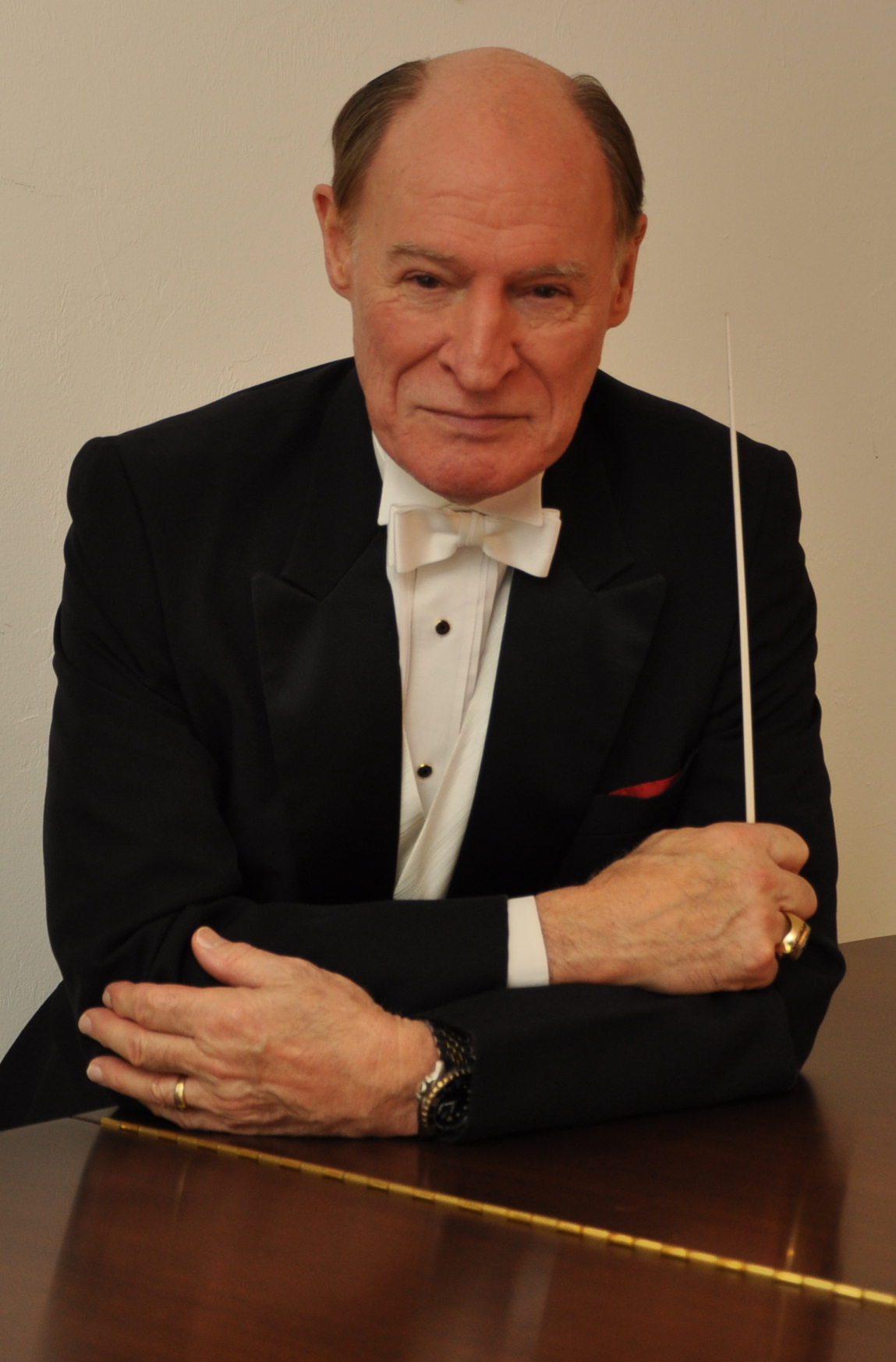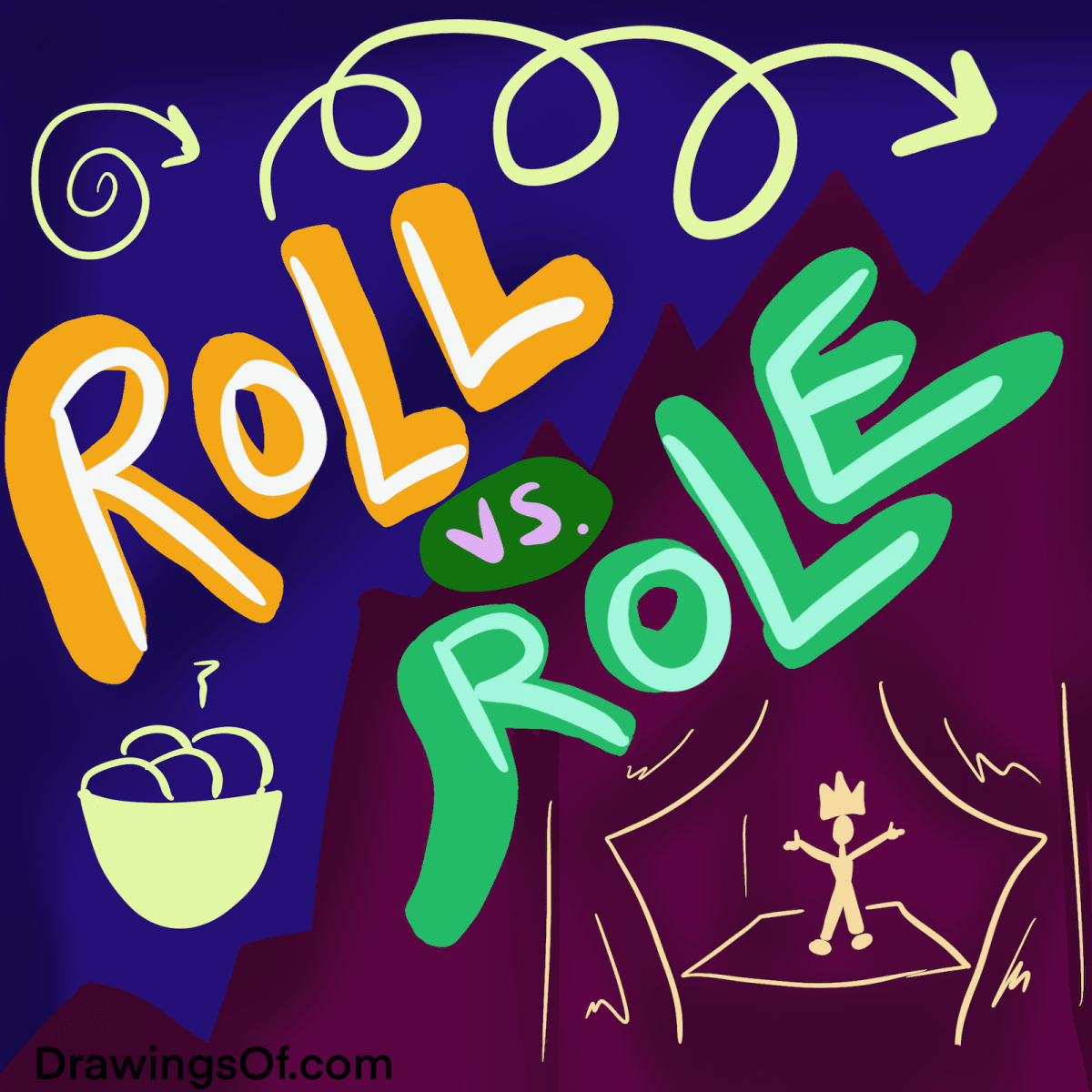Have you ever wondered why you keep making the same mistakes in your communication? It might be because you’re confusing “roll” and “role.” These two words are often used interchangeably, but they actually have different meanings. In this blog post, we’ll clarify the distinction between “roll” and “role” so that you can communicate more effectively.
The Pain of Misusing Roll and Role
Misusing “roll” and “role” can lead to confusion and misunderstandings. For example, if you say “I’m going to roll the dice,” people might think you’re going to throw them. But if you say “I’m going to play the role of the doctor,” people will understand that you’re going to pretend to be a doctor.

Professor of Music Emeritus R. Gary Langford Honored by the Florida – Source arts.ufl.edu
The Difference Between Roll and Role
So, what’s the difference between “roll” and “role”? “Roll” is a verb that means to move or turn something over and over. “Role” is a noun that means a person’s function or position in a group or organization.
Here are some examples of how to use “roll” and “role” correctly:
- I rolled the ball down the hill.
- She played the role of the princess in the play.
- He has a key role in the company.

Management vs Leadership: The Ultimate Guide – Source teambuilding.com
The History and Myth of Roll and Role
The words “roll” and “role” have a long and interesting history. The word “roll” comes from the Old English word “rollen,” which means “to turn.” The word “role” comes from the Latin word “rotulus,” which means “a small scroll.” In the Middle Ages, roles were often used to record laws and other important documents. Today, roles are still used in a variety of contexts, from plays to job descriptions.

Effective Communication: Clarifying Messages And Understanding Others – Source changestrategists.com
The Hidden Secrets of Roll and Role
There are many hidden secrets to the words “roll” and “role.” For example, did you know that the word “roll” can also be used as a noun to refer to a list of names or items? Or that the word “role” can also be used as a verb to mean “to play a part”?
These are just a few of the many hidden secrets of the words “roll” and “role.” By understanding these secrets, you can use these words more effectively in your communication.

Management vs Leadership: The Ultimate Guide – Source teambuilding.com
Recommendation of Roll and Role
If you want to improve your communication skills, it’s important to understand the difference between “roll” and “role.” By using these words correctly, you can avoid confusion and misunderstandings. Here are a few tips for using “roll” and “role” correctly:
- Use “roll” when you want to talk about something moving or turning over and over.
- Use “role” when you want to talk about someone’s function or position in a group or organization.
- Be consistent in your use of “roll” and “role.” Don’t use “roll” one time and “role” the next time.

Roll vs. Role: The Difference, and Which to Use for “Call” and “Play – Source drawingsof.com
Roll vs. Role in Everyday Life
The words “roll” and “role” are used in a variety of everyday contexts. Here are a few examples:
- I rolled the dice to see who would go first.
- She played the role of the princess in the play.
- He has a key role in the company.
- I need to roll up my sleeves and get to work.
- What is your role in this project?

Can Forex Brokers Manipulate Price ? – Forex – Source bulletbrokers.blogspot.com
Tips for Using Roll and Role
Here are a few tips for using “roll” and “role” correctly:
- Use “roll” when you want to talk about something moving or turning over and over.
- Use “role” when you want to talk about someone’s function or position in a group or organization.
- Be consistent in your use of “roll” and “role.” Don’t use “roll” one time and “role” the next time.
- If you’re not sure which word to use, consult a dictionary or thesaurus.

A Comprehensive Flow Diagram of Hayward Pool Filter Systems – Source schempal.com
Roll vs. Role in Different Contexts
The words “roll” and “role” can be used in a variety of different contexts. Here are a few examples:
- In sports, a roll is a type of move that is used to avoid being tackled.
- In cooking, a roll is a type of bread that is typically shaped into a cylinder.
- In music, a roll is a type of drumbeat that is played by hitting the drum repeatedly with a stick or brush.
- In theater, a role is the part that an actor plays in a play or movie.

Natural Language Processing VS Natural Language Understanding – Source www.gnani.ai
Fun Facts About Roll and Role
Here are a few fun facts about the words “roll” and “role”:
- The word “roll” is the most commonly used word in the English language.
- The word “role” is derived from the Latin word “rotulus,” which means “a small scroll.”
- The longest roll in the world is over 2 miles long.
- The most popular role in theater is the role of Hamlet.
How to Master Roll and Role
If you want to master the use of “roll” and “role,” there are a few things you can do:
- Read books and articles that use the words “roll” and “role” correctly.
- Listen to speeches and presentations that use the words “roll” and “role” correctly.
- Practice using the words “roll” and “role” in your own writing and speaking.
What If You Misuse Roll and Role?
If you misuse the words “roll” and “role,” you may find that your communication is confusing or unclear. For example, if you say “I’m going to roll the dice,” people might think you’re going to throw them. But if you say “I’m going to play the role of the doctor,” people will understand that you’re going to pretend to be a doctor.
It’s important to use the words “roll” and “role” correctly to avoid confusion and misunderstandings.
Listicle of Roll and Role
Here is a listicle of the key points about the words “roll” and “role”:
- Roll is a verb that means to move or turn something over and over.
- Role is a noun that means a person’s function or position in a group or organization.
- Roll and role are often confused, but they have different meanings.
- It’s important to use roll and role correctly to avoid confusion and misunderstandings.
- There are many resources available to help you learn how to use roll and role correctly.
Question and Answer
Q: What is the difference between roll and role?
A: Roll is a verb that means to move or turn something over and over. Role is a noun that means a person’s function or position in a group or organization.
Q: How do I use roll and role correctly?
A: Use roll when you want to talk about something moving or turning over and over. Use role when you want to talk about someone’s function or position in a group or organization.
Q: What happens if I misuse roll and role?
A: If you misuse roll and role, you may find that your communication is confusing or unclear.
Q: Where can I learn more about roll and role?
A: There are many resources available to help you learn how to use roll and role correctly. You can find books, articles, and websites that discuss the topic.
Conclusion of Understanding Roll Vs. Role: Clarifying The Distinction For Effective Communication
Understanding the difference between “roll” and “role” is essential for effective communication. By using these words correctly, you can avoid confusion and misunderstandings. So, next time you’re about to use “roll” or “role,” take a moment to think about the meaning of


